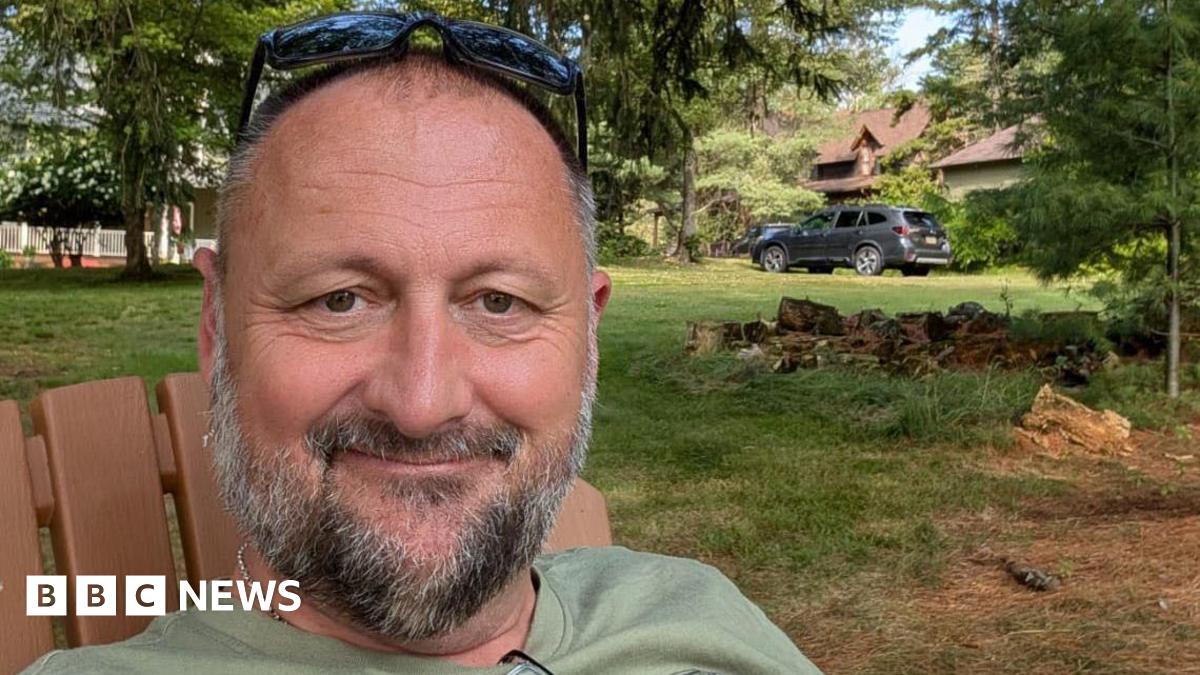Beloved 'Harry Potter' Star Miriam Margolyes Calls for Right to Assisted Dying: 'Put Me Down' Plea Sparks Debate

Miriam Margolyes, the cherished actress best known for her role as Professor Sprout in the 'Harry Potter' films, has ignited a national conversation in Australia with a candid and powerful statement about her wishes regarding end-of-life care. The veteran performer has publicly expressed her desire for assisted dying, stating she wants to be 'put down' should her health continue to deteriorate.
Margolyes, who recently underwent a bowel cancer diagnosis and has spoken openly about her ongoing health challenges, made the comments during a recent interview. Her remarks have resonated deeply with many Australians, prompting renewed discussion about the complexities and sensitivities surrounding voluntary assisted dying (VAD).
Understanding Voluntary Assisted Dying (VAD) in Australia
It’s crucial to distinguish between voluntary assisted dying (VAD) and euthanasia. VAD, as it’s legally defined in Australia, differs significantly. In VAD, the patient themselves administers prescribed medication to bring about their death, rather than a medical professional directly administering the treatment. This is a key point of difference and reflects the patient’s agency and control over their final moments.
The process for accessing VAD is rigorous and designed to ensure that the individual's decision is informed, voluntary, and not influenced by coercion. It involves several layers of assessment and approval:
- Initial Assessment by Doctors: The patient must first consult with their general practitioner and a specialist to confirm they are suffering from a progressive and incurable disease, illness, or condition that is causing intolerable suffering.
- Eligibility Criteria: To qualify, the patient must be an Australian citizen or permanent resident, over the age of 18, have decision-making capacity, and be experiencing suffering that cannot be relieved in a manner that the patient considers tolerable.
- Independent Review Panel: Following the doctors' assessment, the case is then reviewed by an independent panel comprising a medical practitioner, a registered nurse, a lawyer, and a social worker or ethicist. This panel’s role is to ensure that all legal and ethical requirements are met and that the patient's wishes are genuinely their own.
- Final Confirmation: After the panel's approval, the patient must make a final, voluntary request for VAD, which is then confirmed by their doctor.
Margolyes’ Advocacy and the Broader Debate
Margolyes' willingness to discuss her end-of-life wishes so openly has brought the VAD debate into the spotlight. While VAD is now legal in several Australian states, including Victoria, Western Australia, Tasmania, South Australia, and Queensland, the laws and access requirements vary. Her comments highlight the importance of individual autonomy and the right to make choices about one’s own body, particularly when facing a terminal illness.
The discussion surrounding VAD is not just about the legality of the practice; it's about compassion, dignity, and the right to a peaceful and controlled end to life. Margolyes’ voice adds a powerful and personal dimension to this ongoing conversation, prompting Australians to consider the complexities of end-of-life care and the importance of respecting individual preferences.
Her plea underscores the need for continued dialogue and understanding around VAD, ensuring that those facing unimaginable suffering have the option to choose a dignified and peaceful exit, when and if they deem it necessary.






